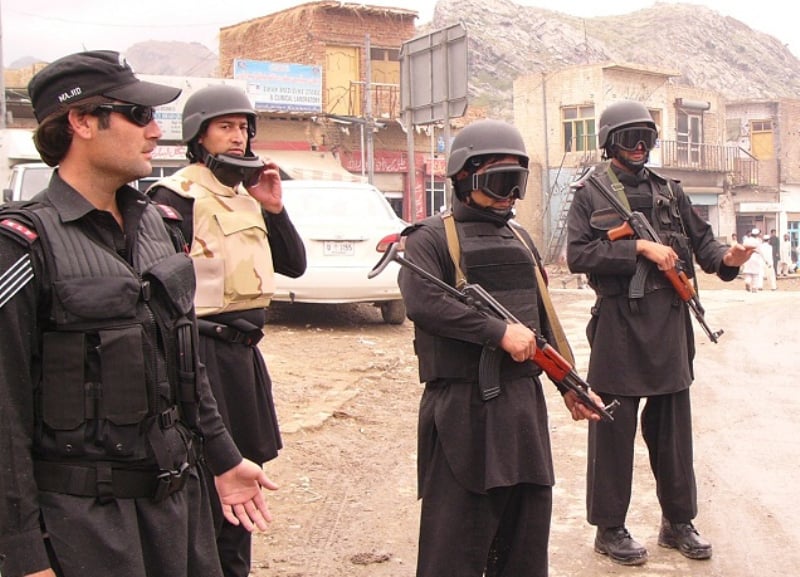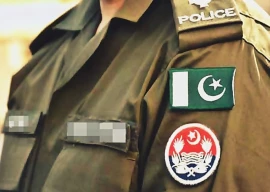
Part of the problem here is that personnel from the various security forces are all fighting the same militants but they come under the control of different government bodies. The Levies, for example, fall under the Ministry of States and Frontier Regions (SAFRON) and appointments in the case of Khyber Agency are the responsibility of the Khyber political agent. Since SAFRON is not as well funded as, say, the Khyber-Pakhtunkhwa (K-P) provincial government, Levies personnel end up making significantly less money than police officers in the settled areas of the province even though they often carry out the same duties. This has affected compensation after death, too. The K-P government also has a policy of giving jobs to the heirs of martyred officers whereas there is no such policy for the Levies.
Last July, President Asif Ali Zardari did sign a bill that raised the compensation level to from between Rs300,000 to Rs600,000 to Rs3m but this exists only on paper, not on the ground. What is actually needed is for all the various military, paramilitary and police forces involved in the fight against militancy to be treated exactly the same. A uniform policy, with the money coming from a centralised fund set up for the purpose, would go a long way towards boosting morale.
Published in The Express Tribune, January 11th, 2013.
COMMENTS (1)
Comments are moderated and generally will be posted if they are on-topic and not abusive.
For more information, please see our Comments FAQ





1732429143-0/BeFunk_§_]__-(44)1732429143-0.jpg)
1732428532-0/BeFunk_§_]__-(43)1732428532-0.jpg)

1732427746-0/Copy-of-Untitled-(2)1732427746-0-270x192.webp)








Only men in khaki are real martyrs in Pakistan, all the others, policeman, levies, FC etc, are not worthy of adulation.